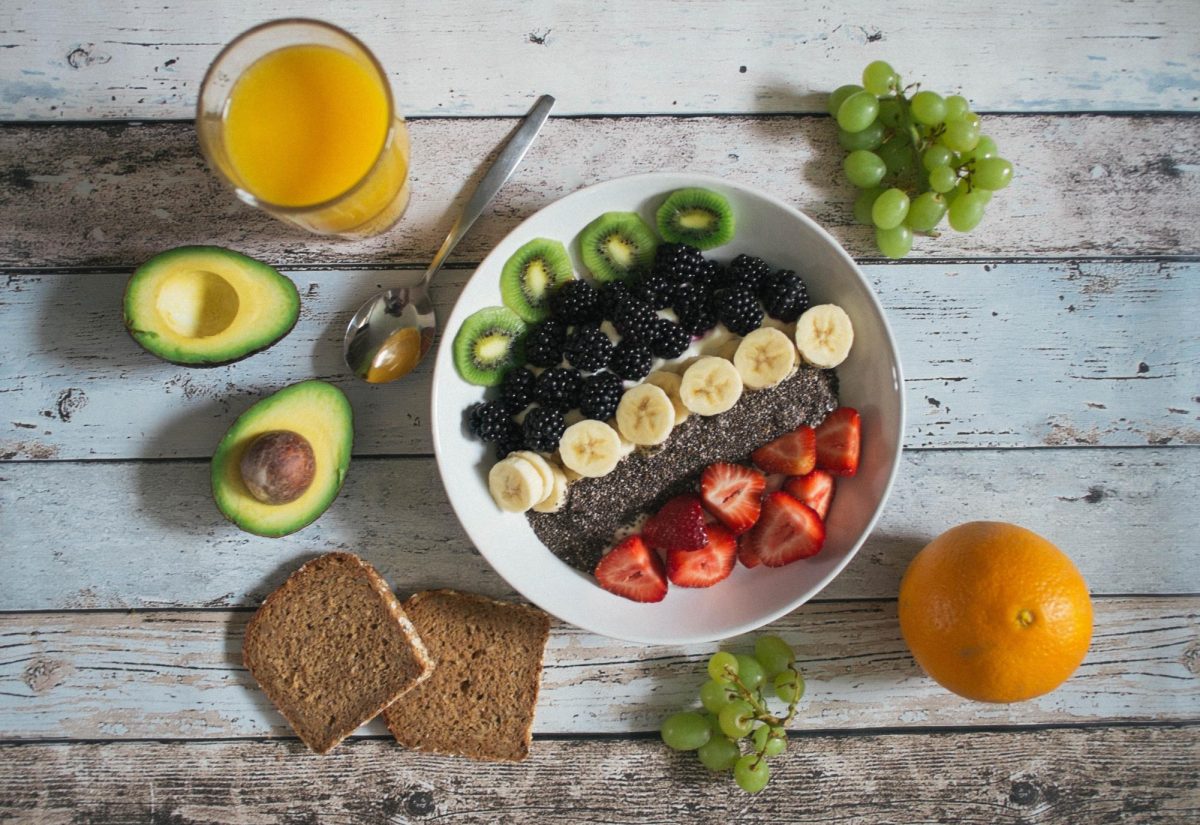These days, weight loss is a challenge plagued by over saturated fats, sugar, and lack of physical exercise. Obesity is an issue for an increasing number of people, and it’s important to find ways to become healthier, – whether it’s by going to the gym or using berberine for weight loss.
Sustainable weight loss starts with adopting a healthier lifestyle, so here are some tips on how to start getting into shape.
12 Ways to Adapt Lifestyle for Optimal Weight Loss
1. Start with a Realistic Goal
Weight loss goals must be achievable. Aiming to lose 1 or 2 pounds (0.5-1 kg) per week is usually a safe and sustainable target. This gradual approach is more likely to lead to long-lasting results, as opposed to crash diets promising rapid but unsustainable weight loss.
2. Monitor Caloric Intake
Regarding diet, losing weight implies creating a calorie deficit. A calorie deficit is eating fewer calories than what’s spent daily. Keeping track of daily caloric intake using health apps or a journal is essential. However, to avoid health issues, it’s important to refrain from going overboard on it.
3. Opt for High-Quality Food
Calorie counting is important, but people should also focus on the quality of what they eat. Fresh fruits and vegetables are more nutritious than processed ones. They should also give preference to lean proteins such as chicken, whole grains, and just the right amount of healthy fats. Food must keep the body satisfied with plenty of nutrients to prevent overeating tendencies.
4. Practice Portion Control
Excess is detrimental to the body, even with healthy products. Science suggests that using smaller plates, measuring portions, and paying attention to hunger and fullness cues can guide eating the right amount of food. Avoid mindless snacking and be mindful of portion sizes when dining out.
5. Stay Hydrated
Hydration is vital, not only for the obvious reason that the human body mainly consists of water. It’s also a way to stay in control of the appetite, as it helps reduce cravings. People looking to lose weight should drink water throughout their day to create a feeling of satisfaction.
6. Prioritize Protein
Protein is a vital nutrient for weight loss. It’s the nutrient feeding the muscles, which is essential for a healthy body. However, one must prioritize lean proteins such as chicken, fish, tofu, or beans. These nutrients will also provide the sensation of having eaten enough, reducing unhealthy snacking.
7. The Importance of Exercising
It may seem obvious, but it’s impossible to lose significant weight without exercising. The body needs it to burn calories and help create a deficit in the diet. It will help build muscle and force the body to use stored fat. It does of course depend on the individual’s abilities and schedule, but generally it’s best to aim for at least an hour of exercise. Furthermore, it can be working out, or jogging, but it should always work the cardiovascular system. The routine of a person wanting to lose weight should include intensive exercise tailored to their level.
8. Incorporate Strength Training
In addition to cardiovascular exercise, strength training is essential for weight loss. Muscle burns more calories at rest than fat, so building lean muscle mass can increase metabolism. Incorporating resistance training exercises like weightlifting or body weight exercises into a routine two to three times a week can work wonders.
9. Prioritize Sleep
Often, we think about the activities needed to lose weight, but sleeping is also vital. Lack of sleep affects the hormones, including those regulating the appetite. After a work-out, the body also needs sleep, so it can use nutrients, including stored fats, to repair the muscles. Aiming for seven to nine hours of restful sleep each night will support a weight loss journey.
10. Manage Stress
Stress is a huge factor in emotional eating. If bad eating habits are linked to stress, meditation, yoga and other relaxation exercises can help tremendously. It will reduce the stress and thereby, the psychological need to eat. Meditation is also a way to improve all other aspects of one’s life, so it shouldn’t be neglected.
11. Seek Support
Weight loss can be challenging to some people. Peer pressure can lead even the strongest to give up. Therefore, finding like-minded people is a great idea. There are weight loss groups for those who can’t do this with friends. The guidance of a registered dietitian or enlisting a workout buddy can also help. Weight loss requires accountability, as well as someone to lift the spirits of the person trying to lose weight. It can help them to push through the difficult times and keep them motivated.
12. Be Patient and Persistent
Finally, remember that weight loss is a journey, not a destination. People inevitably hit a plateau or a setback – it’s part of the process. Staying patient and persistent, and not getting discouraged by temporary obstacles, is what makes the difference between success and failure. Consistency is key to achieving and maintaining weight loss.
Starting Small and Building Towards a Healthier Lifestyle
Losing weight doesn’t work for those who indulge in diet trends, which offer 3-weeks programs, and then fall back into their unhealthy habits. It’s a lifestyle which must be fully embraced and stuck to. For that reason, it’s essential to learn more about what’s on the plate, and to control it. Incorporating physical exercise into the weekly routine to maintain these healthy habits also helps get results.
Conversely, being dehydrated, being stressed, or not sleeping enough can hinder progress. Every aspect of life can affect weight loss. It’s not a sprint, it’s a marathon, so patience and knowledge with realistic goals are the best weapons to succeed and maintain results.



